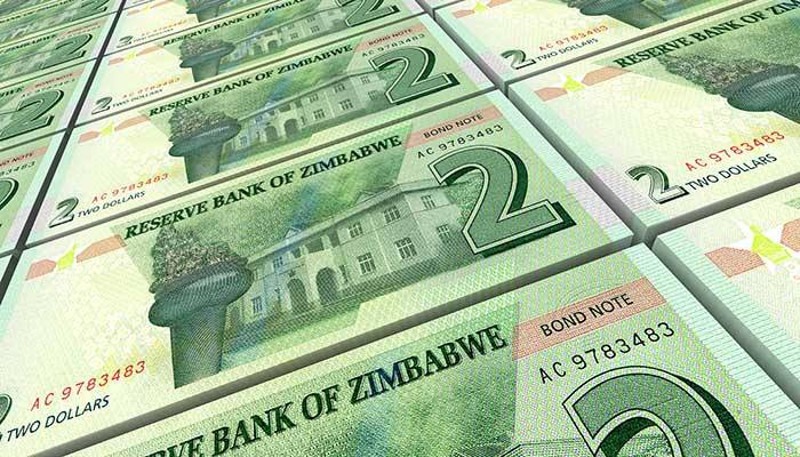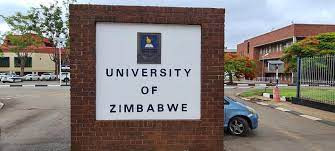
Fitch Solutions, the macro-economic arm of global rating agency says Zimbabwe’s currency regime is highly unsustainable and will continue to fuel inflationary pressures going forward.
BY TATIRA ZWINOIRA
In 2009, the southern African nation ditched its own currency and adopted a basket of currencies anchored by the United States dollar after the country had gone through a devastating bout of hyperinflation.
Authorities went on to introduce a surrogate currency known as bond notes in 2016 as an attempt to plug a crippling shortage of bank notes. The bond notes were pegged at par with the greenback, but in actual value it is worth only a fraction of the United States dollar.
Government, however, still insists that they hold the same value, a situation which has caused market distortions and fuelled inflationary pressures.
“Food inflation carries a weight of some 32% in the total consumer price index basket, and the year-on-year rate for food and non-alcoholic beverages rose sharply to 42,71% in November, against 26,8% in October. The main determining factor in accelerating inflation, however, remains the country’s complex and unsustainable currency regime,” Fitch Solutions said in a recent report.
“Shortages of US dollars have led to a sharp fall in the value of bond notes and electronic dollars — the surrogate currencies which the government claims are valued at par in value with the US dollar — on the parallel market.”
A central bank directive last October instructing banks to ring fence hard currency deposits unnerved the market, causing the value of the bond note to plunge even further. As a result, the country has been witnessing shortages of basic goods and fuel.
- Chamisa under fire over US$120K donation
- Mavhunga puts DeMbare into Chibuku quarterfinals
- Pension funds bet on Cabora Bassa oilfields
- Councils defy govt fire tender directive
Keep Reading
Some retailers have now adopted multi-tier pricing models, offering discounts for customers paying in hard currency.
“The latest intensification of inflationary pressures reflects an expansionary fiscal policy, including a 15% pay increase granted to civil servants in the run-up to the July 2018 legislative election, higher international energy costs and increased local food prices,” Fitch Solutions said.
However, economists continue to dispute these figures as they seem to greatly differ with what is transpiring in the market.
In a post on micro-blogging site, Tweeter, American economist Steve Hanke, questioned the inflation figures from the statistics agency.
“Forex shortage is forcing bakers in Zimbabwe to source US dollars from black (read: free) markets, raising the price of bread; a clear example of why I use free market rates to calculate inflation and why I put Zimbabwe’s inflation at 178% (way above the official figure)”.
In 2009, government stopped providing official inflation data after month-on-month inflation rate reached an estimated 79,6 billion percent.











